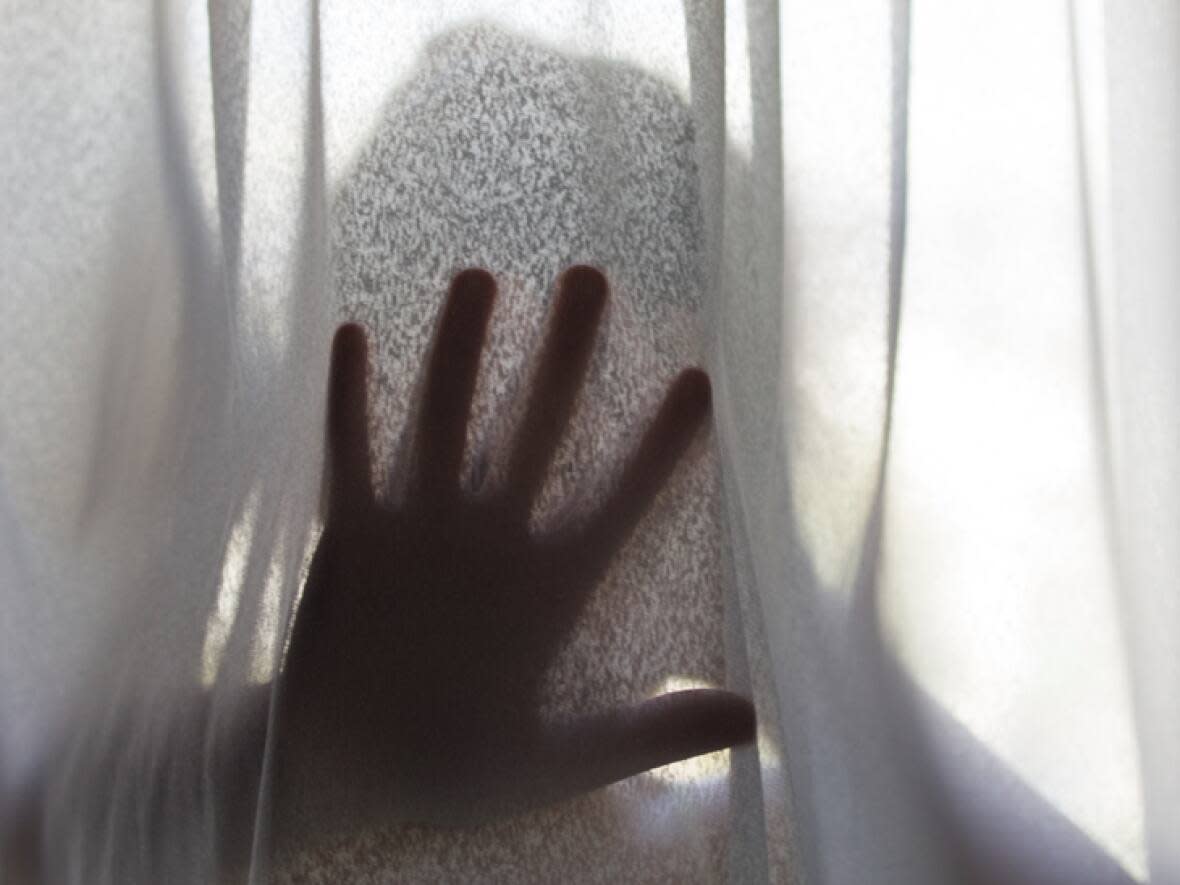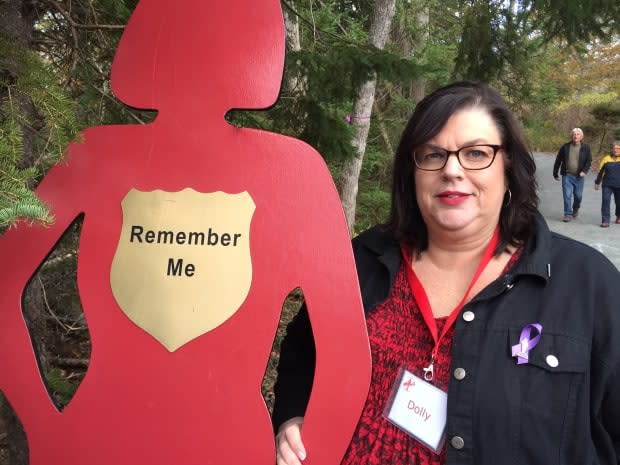Program aims to reduce intimate partner violence by working sooner with abusers

A pilot project in Nova Scotia is helping men accused of abusing their partners to get support services as soon as they're charged.
Organizers hope early intervention will prevent these men from entering a downward spiral and engaging in further harm.
It's an unusual approach as intimate partner violence support is generally directed toward victims — usually women and children.
The program is the brainchild of Dolly Mosher, the co-ordinator of the Halifax Regional Police's victim services unit. It is funded by the Nova Scotia Advisory Council on the Status of Women.

Mosher told CBC Information Morning that, since 2015, Halifax police have assigned an officer to the victim service unit to help guide offenders to services and counselling.
She said the officer was sometimes put in a position of becoming a confidant of the accused man, and then having to charge him if he committed a further breach.
To solve this problem, Mosher said, the unit applied for funding to create a civilian position of domestic violence case co-ordinator to help the police officer guide the offender through the court system and get assistance.
Many men charged with intimate partner offences find their lives thrown into further chaos, according to Tod Augusta-Scott, a clinical therapist and executive director of the Bridge Centre in Truro.
He said many of these men were already living on low income.
"Sometimes they'd be removed from their homes and they'd be living out of their cars, trying to hold down a job while they're still trying to make money for the family," he said.
He said these circumstances sometimes increased the men's sense of "isolation and insecurity" and made them more of a risk to themselves and their partners.

Augusta-Scott said having someone assist them in dealing with issues of housing, education and poverty can help de-escalate the potential for further harm.
He said that de-escalation should happen as soon as possible.
Once safety has been established in the communities involved, Augusta-Scott said, the process of preparing the men to repair harm they have caused other people and harm that may have been caused to them.
According to Augusta-Scott, the pilot project is already yielding results.
"We're definitely seeing a decrease in the number of breaches that involve further abuse," he said.
Giving the men options, he said, has resulted in fewer assaults and fewer breaches.
Augusta-Scott said many of the men that have caused harm, including harm to children, were themselves harmed and may have grown up in abusive homes.
He said rather than seeing the program as an attempt to help people who don't deserve help, it should be seen as a way of providing them with an earlier opportunity to access services that they would receive eventually anyhow after going through the court system.
MORE TOP STORIES

 Yahoo Movies
Yahoo Movies 
